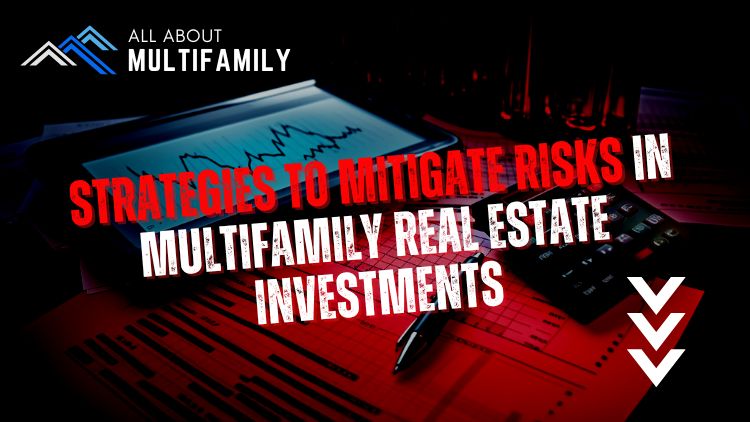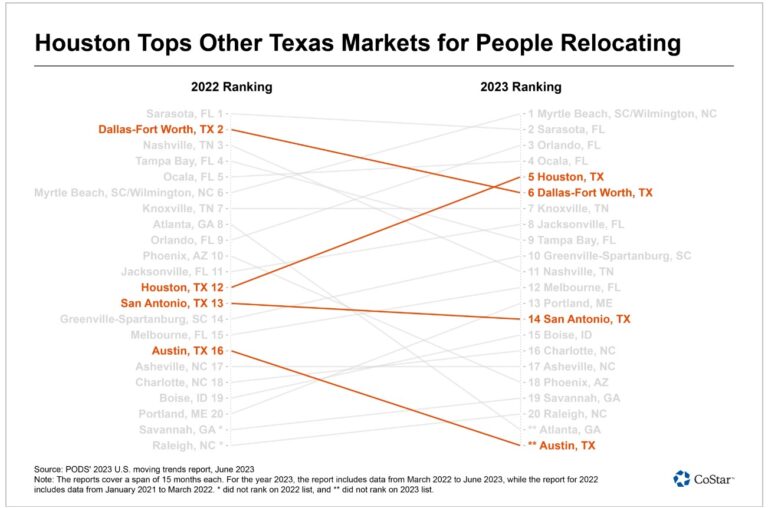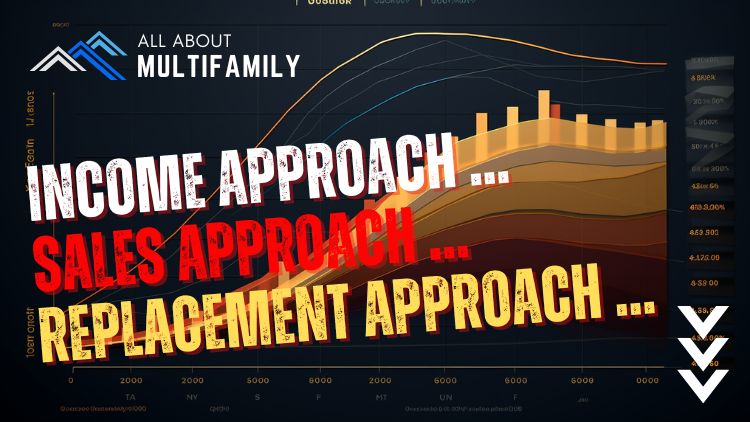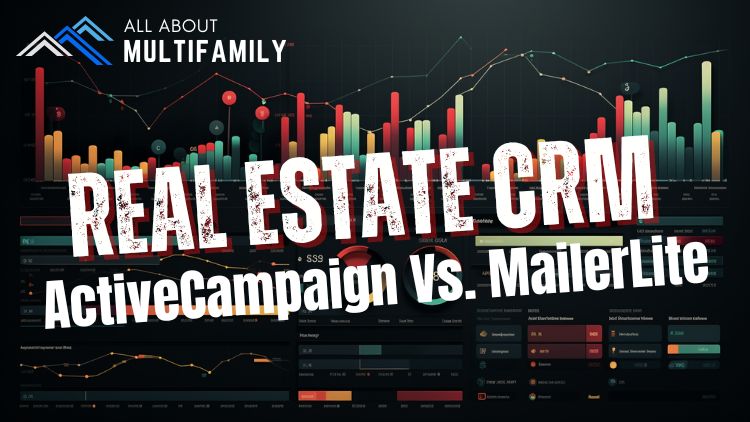Uncover the reality behind common financial myths! From accessible investing to homeownership decisions, we’ll clarify misconceptions about credit, home ownership, and achieving financial independence. Empower yourself with the facts for a brighter financial future.
In this article, we demystify the top investing myths that have lingered for far too long.
- Myth: “Investing is Only for the Wealthy.”
Reality: Investing is accessible to people of all income levels. With the rise of online platforms and apps, it’s now possible to start investing with small amounts of money. Consistent contributions over time can lead to significant growth, regardless of initial wealth. - Myth: “Owning a Home is Always a Better Financial Decision Than Renting.”
Reality: The decision between renting and buying depends on various factors, including the local housing market, individual financial situation, and long-term plans. Renting can offer flexibility and lower upfront costs, while buying a home may require a substantial investment and commitment. - Myth: “Carrying Credit Card Debt Helps Build a Good Credit Score.”
Reality: Carrying credit card debt and paying high interest rates can negatively impact your credit score. It’s essential to use credit responsibly, pay bills on time, and maintain low credit utilization to build a strong credit history. - Myth: “You Need a Financial Advisor to Succeed in Investing.”
Reality: While financial advisors can offer valuable guidance, many individuals successfully manage their investments without professional help. With access to educational resources and a long-term perspective, self-directed investors can make informed decisions. - Myth: “You Must Have a High Income to Achieve Financial Independence.”
Reality: While a higher income can accelerate financial goals, achieving financial independence is primarily determined by wise money management, saving diligently, and making prudent investment choices. Consistency and discipline are key to building wealth, regardless of income levels.
It’s important to stay informed and critically evaluate common financial myths to make sound decisions and achieve financial well-being.


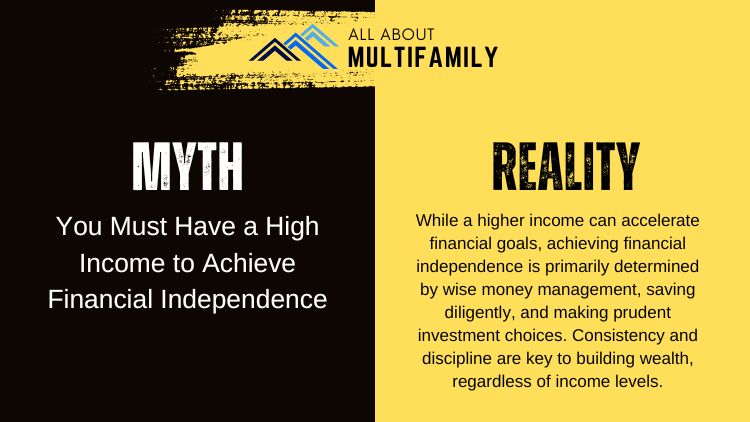

































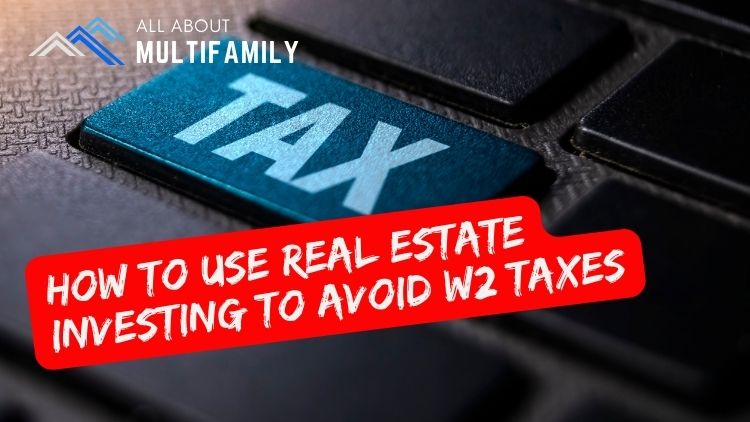









![An In-Depth Look at Jake and Gino's Coaching Program [A Review]](https://allaboutmultifamilyinvesting.com/wp-content/uploads/2023/10/AAM-BMP-Blog-Covers-750-×-422px-6.jpg)


![Email Marketing Tips for Multifamily Real Estate Syndicators to Raise Capital [Templates included]](https://allaboutmultifamilyinvesting.com/wp-content/uploads/2023/09/AAM-BMP-Blog-Covers-750-×-422px-4.jpg)






![The Richest Kids In America [Book Review]](https://allaboutmultifamilyinvesting.com/wp-content/uploads/2023/09/AAM-BMP-Blog-Covers-750-×-422px-84.jpg)




